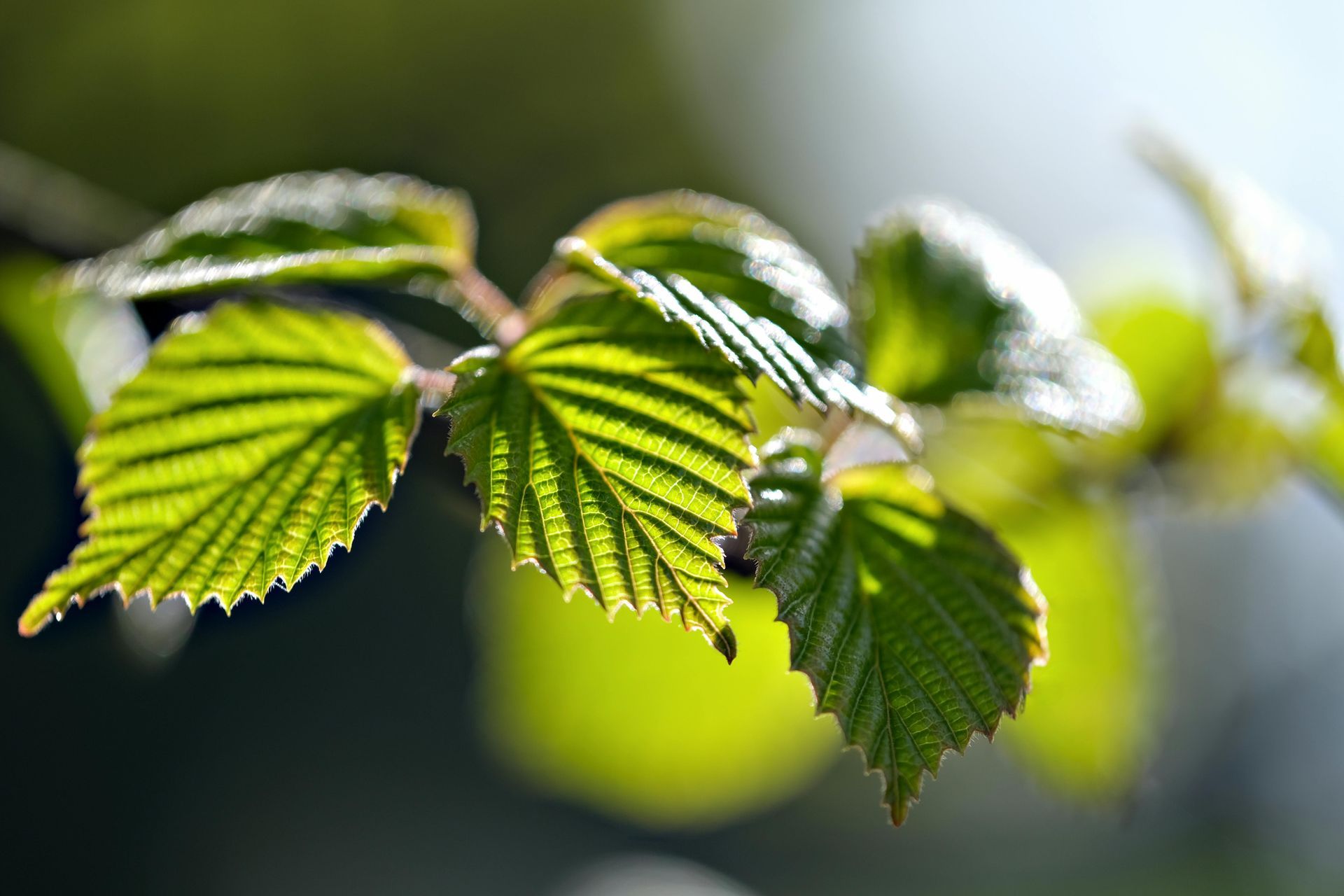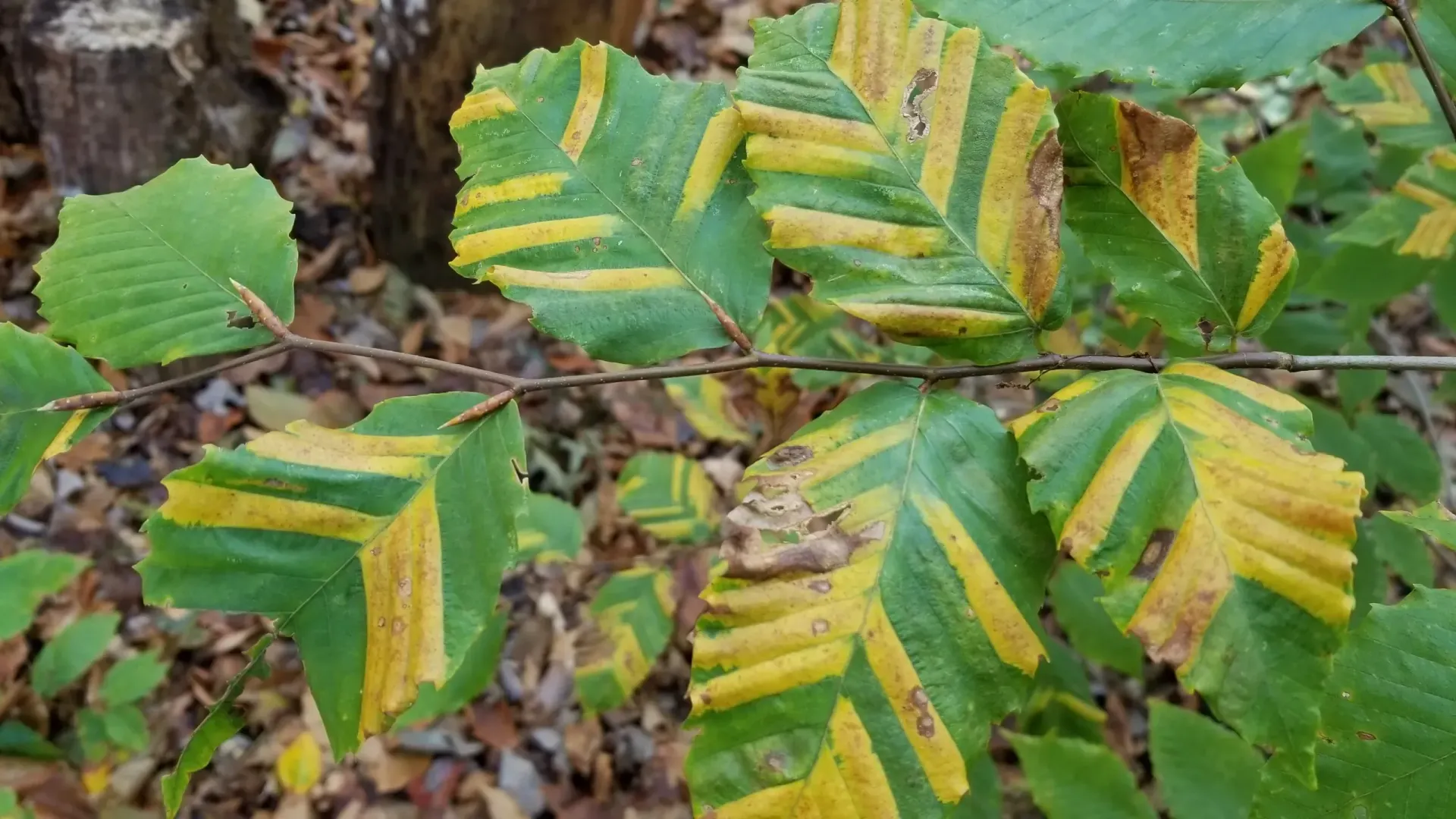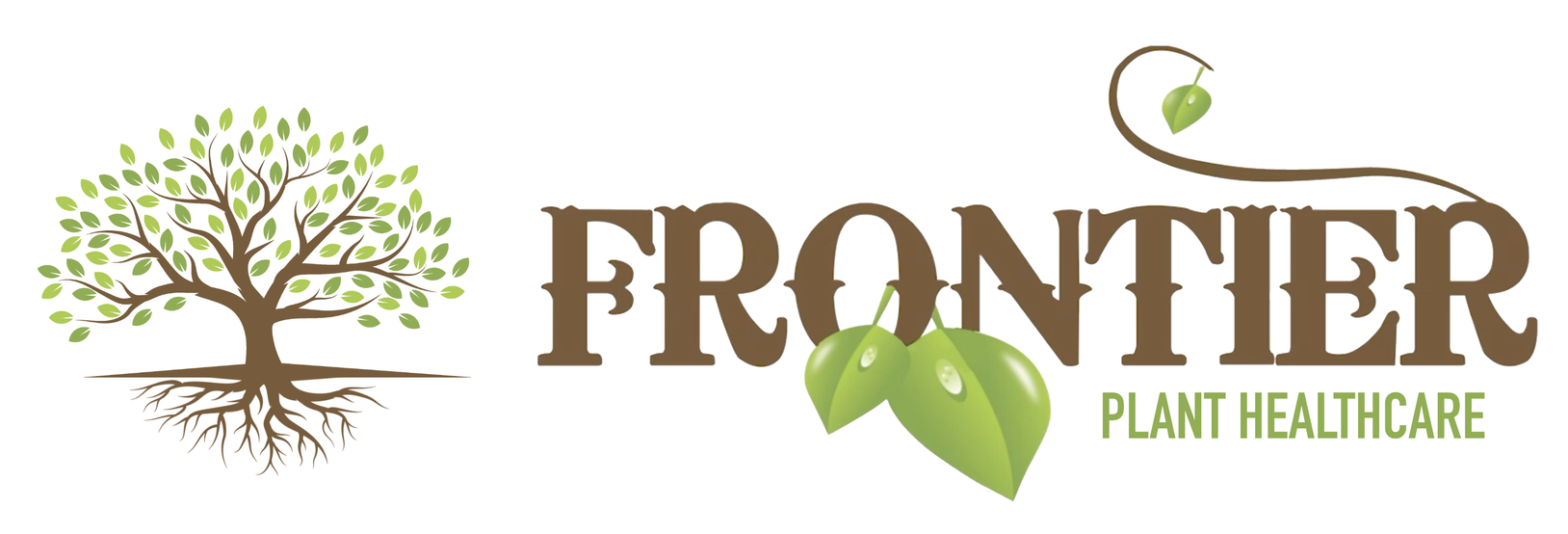Organic Plant Care: Safe Solutions for Families, Pets, and Wildlife

NAVESINK, NJ – As homeowners become more conscious of the chemicals used in their landscapes, organic plant care is emerging as the safer, more sustainable alternative. Families, pet owners, and nature enthusiasts are seeking ways to maintain beautiful, thriving gardens without exposing their loved ones—or the environment—to harmful pesticides and synthetic fertilizers.
At Frontier Plant Healthcare, experts emphasize the importance of natural, eco-friendly solutions that protect not only plants but also the people and wildlife that share the space.
The Risks of Conventional Lawn & Tree Care
Traditional landscaping methods often rely on synthetic pesticides, herbicides, and chemical fertilizers, which can have unintended consequences:
- Health Risks to Humans & Pets – Many chemical treatments contain toxins linked to respiratory issues, skin irritation, and even long-term health conditions. Children and pets, who play close to the ground, are especially vulnerable to exposure.
- Harm to Beneficial Insects – Pollinators like bees and butterflies play a vital role in plant health, but chemical sprays can disrupt ecosystems and lead to population declines.
- Soil Degradation – Overuse of synthetic fertilizers can deplete natural nutrients in the soil, making plants more dependent on artificial inputs over time.
- Water Contamination – Runoff from chemical treatments can pollute local waterways, impacting fish, amphibians, and drinking water sources.
Organic Care: A Safer, Smarter Alternative
Organic plant care focuses on building healthy soil, promoting natural pest control, and strengthening plant immunity—all without harmful chemicals. Here’s how:
1. Soil Health Comes First
Healthy soil is the foundation of a thriving landscape. Instead of synthetic fertilizers, organic methods
replenish the soil naturally with:
✅
Compost & Mulch – Enriches soil with essential nutrients and retains moisture.
✅
Mycorrhizal Fungi Treatments – Strengthens root systems and enhances nutrient absorption.
✅
Organic Slow-Release Fertilizers – Provides long-term nourishment without harsh chemicals.
2. Natural Pest & Disease Control
Chemical pesticides aren’t the only way to protect plants from pests and disease.
Integrated Pest Management (IPM) uses nature-based solutions, such as:
🦗
Beneficial Insects – Ladybugs, lacewings, and predatory wasps keep harmful pests in check.
🌱
Neem Oil & Horticultural Soaps – Effective, plant-based options for controlling common garden pests.
🌼
Companion Planting – Strategically planting species that repel insects or enhance growth.
3. Eco-Friendly Weed Control
Rather than using harsh herbicides like glyphosate, organic methods offer safe, pet-friendly alternatives:
🌾
Corn Gluten Meal – A natural pre-emergent weed suppressor.
🛠
Manual Weeding & Mulching – Prevents weed growth while improving soil structure.
🌿
Vinegar-Based Herbicides – Effective for spot treatment of unwanted weeds.
4. Encouraging Biodiversity
A healthy landscape is one that supports a variety of life. Organic plant care fosters biodiversity by:
🐦
Creating Pollinator Gardens – Attracting bees, butterflies, and hummingbirds.
🌳
Using Native Plants – Supporting local wildlife and reducing the need for fertilizers.
🦔
Avoiding Broad-Spectrum Pesticides – Protecting beneficial creatures like frogs, hedgehogs, and birds.
A Greener Future Starts Today
Switching to organic plant care doesn’t just benefit your landscape—it protects your family, pets, and the environment for generations to come.
At Frontier Plant Healthcare, our team specializes in organic solutions tailored to your property’s needs. With over 40 years of expertise, we provide eco-friendly treatments that nurture your trees, shrubs, and soil—without the risks of harsh chemicals.
Take the next step toward a safer, greener landscape!
📍
Frontier Plant Healthcare
📞
(732) 671-0372
📧
debaslavin@gmail.com
🌐
www.frontierplanthealthcare.com




